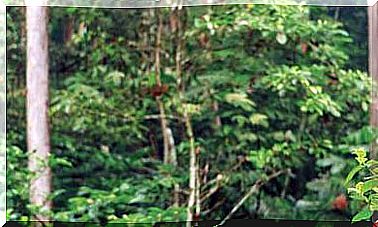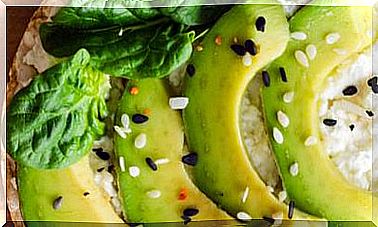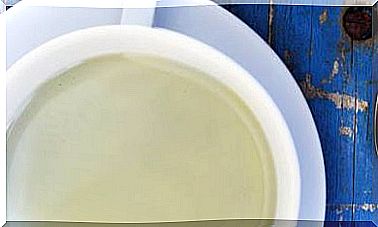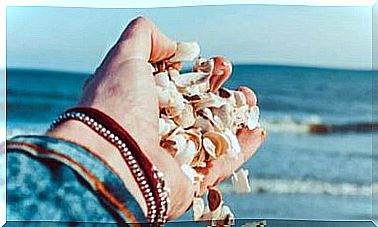“Kindness Makes Us Feel In Harmony With Our Being”
We spoke with Matthieu Ricard, a Buddhist monk considered the happiest man in the world, about the benefits of meditation to achieve well-being and freedom interior and the urgent need to develop altruistic behaviors to build a more caring economy.
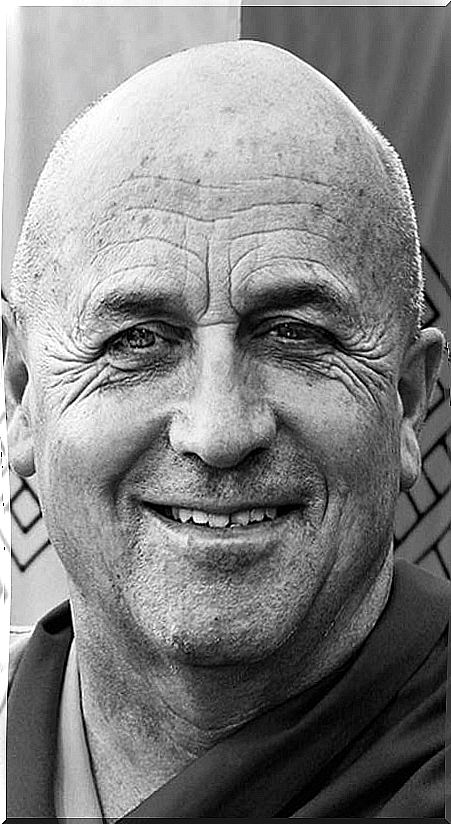
He was described as the happiest man in the world after an experiment by neuroscientist Richard Davidson at the University of Wisconsin showed that the activity of the left prefrontal area of his cerebral cortex was something never seen before.
This is an area of the brain that predisposes to well-being and positive emotions, and this experienced Buddhist monk and meditator reached a range of gamma waves that reached –0.45, while the levels recorded by the hundreds of volunteers, who also participated in the study, they ranged from 0.3 (very unhappy) to –0.3 (very happy-beatitude).
Ricard has later specified that what was found in this study is that when a meditator focuses his mind on benevolence and altruistic love, the brain is activated of an intensity never before observed.
If you train the mind, the brain changes and so does the person
“If the mind is trained regularly, the brain changes and so does the person. This is the plasticity that our brain possesses and meditation is a training that allows us to exercise attention, improve emotional balance and develop kindness ”, he says.
Matthieu Ricard does not usually give interviews, but we have been fortunate that he agreed to send him a questionnaire that he answered before leaving for the Himalayas, where he has lived for more than 50 years and where he has been carrying out humanitarian tasks in Karuna for 20 years. -Schechen (www.karuna-shechen.org), a charitable organization that creates educational, health care and social projects with the aim that the people of this region have a better life.
The biography of this Frenchman is most curious. He is the son of the philosopher Jean-François Revel and the artist Yahne Le Toumelin. He trained as a scientist and worked at the Institut Pasteur in Paris together with the prestigious Nobel Prize in Medicine François Jacob. But, after completing his doctoral thesis on cell genetics, he decided to become a Buddhist monk.
He is an interpreter of the Dalai Lama’s French and has published books with magnificent photographs of him – for him a way of being able to share with others the privileged moments of beauty that he lives in the sublime landscapes of the Himalayas and alongside the spiritual masters.
He is the author of bestsellers such as “The Monk and the Philosopher” (Ed. Urano) -which he wrote with his father-, “Infinity in the palm of the hand” (Ed. Urano), “In defense of animals” ( Ed. Kairós), “Brain and Meditation” (Ed. Kairós), among others. His works are translated into various languages and distributed throughout the world.
Support the solidarity economy
Ricard has also been at the Davos World Economic Forum to claim solidarity economy and the benefits of altruism. He assures that, despite what the theory of evolution assures, no scientific study shows that the human being is a selfish being. Quite the opposite.
Science shows that we have a great capacity to develop authentic altruism and that cooperation has been much more creative to achieve high levels of organization than competition and individual struggle for survival.
In his book “Solidarity Economy. Conversations with the Dalai Lama about altruism and compassion ” (Ed. Kairós) argues that, despite the fact that economic theory assures that people move solely in their own interest, people with materialistic values are more unhappy, while People who are able to cooperate, feel compassionate, and behave altruistically are happier. He is convinced that we cannot continue to think of ourselves as island beings and that the world needs to turn around economic systems.
“Altruism is the only thing that allows us to face the challenges of the 21st century”
-Capitalism, the cult of selfishness and the power of the individual seem to lead us to self-destruction and everything indicates that we are incapable of modifying our functioning. Are you optimistic about the future of humanity? How can we get rid of egocentricity and favor the development of a more caring economy and a more altruistic functioning?
-Altruism is the only concept that allows us to face the challenges of the 21st century and combine the demands we have in the short, medium and long term. It is clear that selfishness will not succeed. On the other hand, learning to take others into account can lead us in the short term towards a more supportive economy and in the medium term to favor our development as well as that of others. And, in the long run, altruism is essential to avoid great suffering for future generations. Therefore, altruism is the only concept that allows scientists – who know what to do to avoid the destruction of the planet – those who decide policies, social entrepreneurs responsible for the quality of life of citizens, as well as those who care about the short-term demands we have, all sit together around the same table with the aim of building a better world. Altruism is not a noble utopia a little naive, it is the only pragmatic solution to the great challenges we have in the 21st century.
-And how does a being less focused on himself develop, something that he assures helps us to be happier? From your perspective, what customs are most important in cultivating inner happiness and freedom?
-If from morning to night we only think “I, I, I”, we make our life miserable and also the lives of those around us. On the contrary, altruistic love and kindness are the best way to do good in others and in ourselves. Obviously others appreciate our goodness, but goodness is also the most satisfying state of mind because it makes us feel in harmony with our deep nature. Therefore, it is necessary, through training our mind and through meditation, to cultivate the fundamental human qualities that make us a good human being, a happy human being. Among these qualities are altruism and compassion, but also satisfaction, discernment, emotional balance and inner freedom.
– And that includes the habit of not eating meat or fish? Is being a vegetarian also a good habit to keep in mind to be happier?
-It is above all a good habit to achieve the happiness of others! It is estimated that since the appearance of our species on Earth, about 110 billion Homo Sapiens have inhabited it. Well, this is the number of terrestrial and marine animals that we kill every two months to satisfy our supposed needs and as if it were something perfectly normal and morally acceptable. And in fact with it, the whole world actually loses. Animals are the first victims. But it also loses our environment, since farming for meat production is the second largest factor of greenhouse gas emissions in the world. Humans also lose because the 800 million tons of grains destined for meat production could serve to feed 1.5 billion people in the countries that produce these grains. Finally, according to numerous scientific studies and according to a global report from the World Health Organization, regular consumption of meat is detrimental to health. Therefore it is highly desirable to extend our kindness to the other 8 million animal species that are our fellow citizens on this planet.
-Numerous benefits have been discovered about the practice of meditation. But, from your perspective, what benefits are the most important?
-Meditation is a training of the mind and we have to deal with our mind from morning to night. This mind can become our best friend or our worst enemy. We dedicate a lot of energy to improving the external conditions of our life, however we underestimate the importance that the functioning of our mind has on our quality of life. It is our mind that transforms our perceptions of the outside world and those around us into well-being or discomfort. Meditation can also help us reduce rumination about the past and anxious anticipations we make about the future. Meditation allows you to find a better inner balance, develop greater resilience and better manage the ups and downs of existence.
-Current psychiatry treats anxiety and depression, very frequent ills in our western society, with medication. What is your opinion on this? Do you think that meditation could be a more suitable means of healing?
-It is established, thanks to the work carried out over 30 years by numerous researchers, including John Teasdale, Mark Williams and Zinder Segal, that meditation associated with a therapy (MBCT, Mindfulness Based Cognitive Therapy) practiced for six months reduces between 30 and 40% the risk of relapse in those people who have experienced two episodes of severe depression. This effect is as powerful as that of drugs, but it also has the advantage of protecting people in the long term. However, it is not about abstaining from taking medications when necessary. The advice of a competent physician is required.
-If you had a son or a daughter, a grandson or a granddaughter, what would you tell them what life is and what would you like to convey as the most important thing in life?
-From the personal level, I would advise you to cultivate kindness, openness to the other, the ability to marvel at nature and at the potential that we all have within us to become better human beings. We must take the measure of this extraordinary potential that human existence provides and extract from it the quintessence in order to develop ourselves by contributing to the happiness of others and reducing their suffering.

